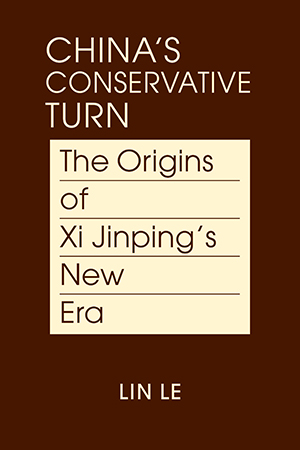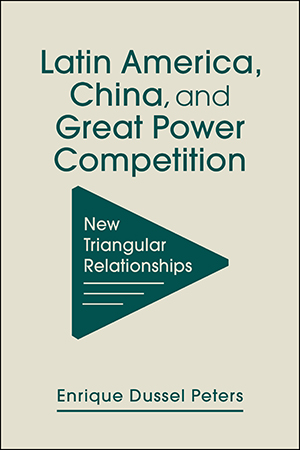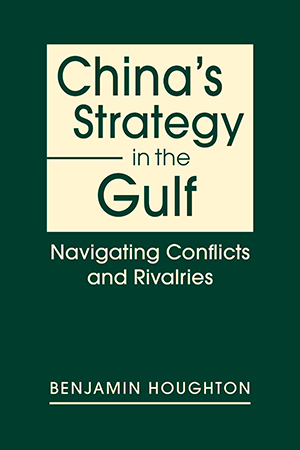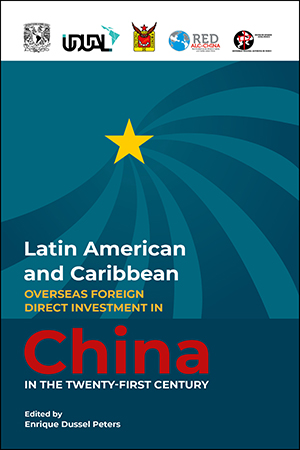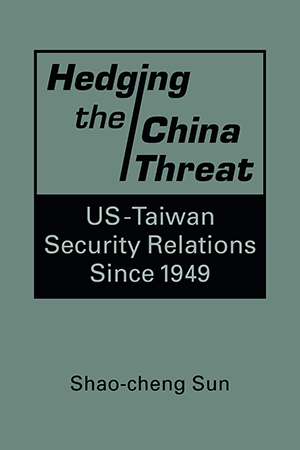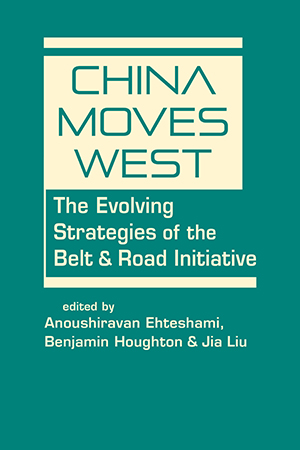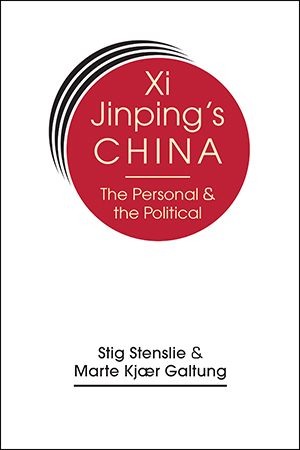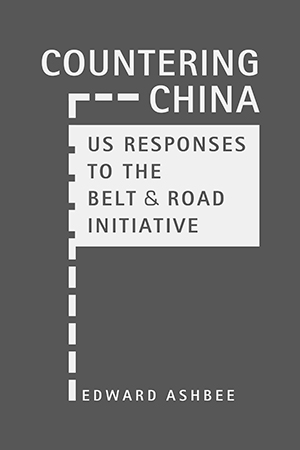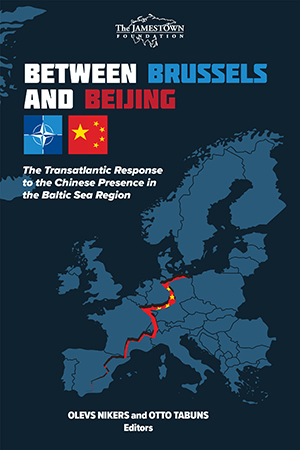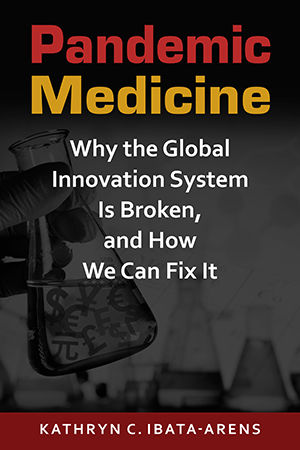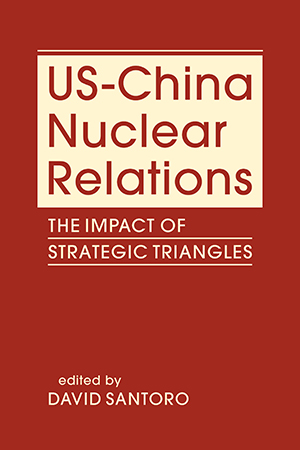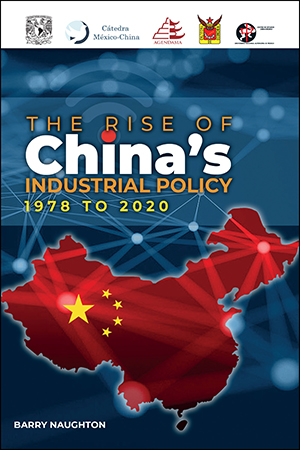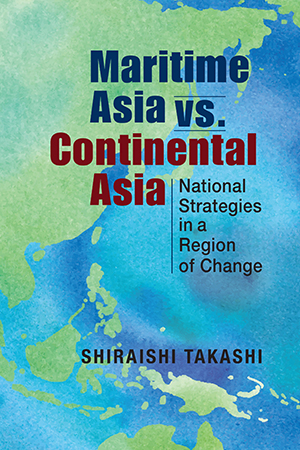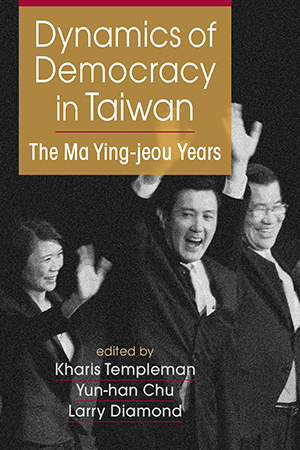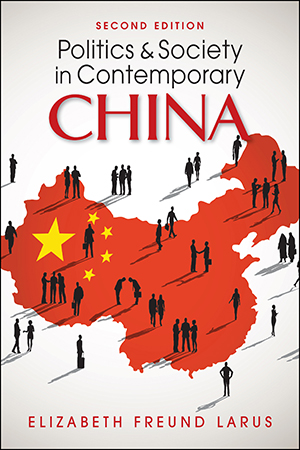China
What is the source of Xi Jinping’s power in China? How did he gain the elite’s support as he took the Communist Party down a conservative path? Lin Le finds answers by dissecting More >
The emergence of Latin America and the Caribbean as an arena for US-China competition raises a number of important questions: What are China’s goals in LAC? Is its presence there a More >
China's foreign and security policy in the Gulf region has been characterized by the cultivation of strong positive relationships with all of the Gulf states, irrespective of their More >
While overseas direct investment from China has been studied widely, OFDI to China has been largely ignored. Contributors to this volume pivot the conversation to examine macroeconomic and More >
The United States has never formally recognized Taiwan as a sovereign state, yet it has provided the country with security assistance since the establishment of the Republic of China (ROC) More >
In September 2013, Xi Jinping announced the launch of a Chinese-led megaproject, the Belt and Road Initiative, that would transform Asia's position within the global economy. Some ten More >
With steely determination, Xi Jinping has forged his way to absolute power at home, consolidated China's role as a global superpower, and promoted instrumental myths about his life. All More >
By March 2022, a remarkable 144 countries had signed onto the Belt and Road Initiative (BRI)—China's massive investment and infrastructure development program—with More >
China's growing presence in the strategically important Nordic-Baltic region has implications not only for the region itself, but also for general transatlantic relations. Within that More >
Winner of the Andrew Price-Smith Book Award! Despite a century of advances in modern medicine, as well as the rapid development of Covid vaccines, the global pharmaceutical industry has More >
Though China remains a relatively weak nuclear power, it has in recent years become central to US strategic policymaking. What explains this shift? How is the US-China strategic nuclear More >
Can China's remarkable, rapid emergence as a large economy and technological power be attributed to specific policies, and more generally to a Chinese program of industrial policy? More More >
Shiraishi Takashi reflects on the diplomatic challenges facing the countries of Asia in today's geopolitical order, exploring historical context, long-term trends, and current More >
During the Ma Ying-jeou presidency in Taiwan (2008–2016), confrontations over relations with mainland China stressed the country’s institutions, leading to a political crisis. More >
This acclaimed introduction to China's politics and policies has been extensively revised and thoroughly updated not only to focus on the Xi Jinping era, but also to be even more More >


